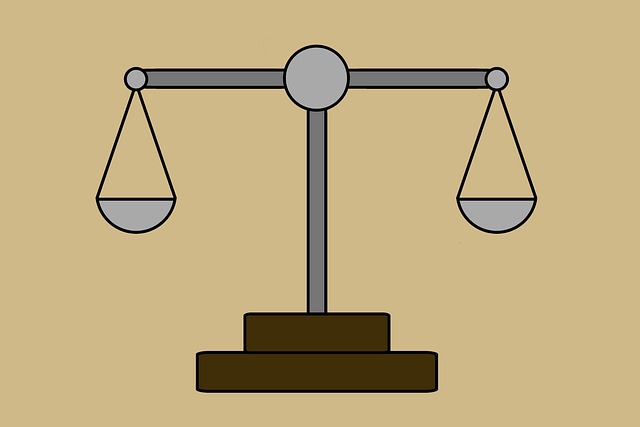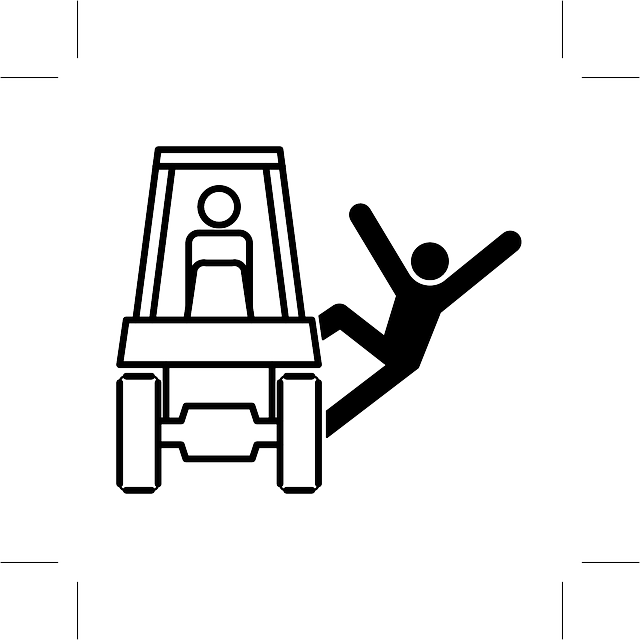Highway accident lawyers specialize in assessing pain and suffering after car accidents, going beyond medical records to consider psychological impacts, disability, quality of life changes, and unique challenges faced by victims. They use expert testimony and a nuanced approach to determine fair compensation for physical injuries, emotional distress, and loss of daily activities, ensuring justice for accident survivors.
In the aftermath of a highway accident, understanding the calculation of pain and suffering compensation is vital. This comprehensive guide explores how experienced highway accident lawyers assess and determine fair reimbursement for non-economic damages. From evaluating physical and psychological distress to considering factors like medical expenses and lost quality of life, these legal professionals apply intricate methodologies. By dissecting the process, we empower individuals to grasp their rights and navigate the complex landscape of personal injury claims with confidence, ensuring they receive adequate support from highway accident lawyers.
- Understanding Pain and Suffering Assessments in Highway Accidents
- The Factors Considered by Highway Accident Lawyers
- How Legal Professionals Determine Fair Compensation for Pain and Suffering
Understanding Pain and Suffering Assessments in Highway Accidents

When it comes to assessing pain and suffering in highway accidents, a crucial aspect lies in understanding how highway accident lawyers evaluate and quantify this element of damages. Pain and suffering is an intimate and subjective experience, making its monetary valuation intricate. Lawyers employ specialized methods to ensure fair compensation for victims’ physical and emotional distress. This process involves a comprehensive review of medical records, expert testimony from healthcare professionals, and consideration of various factors that contribute to an individual’s overall discomfort.
Unlike cases of medical malpractice or elder abuse, where specific standards and guidelines exist, pain and suffering in car accidents require a nuanced approach. Lawyers consider the severity and duration of injuries, the impact on daily life, and the psychological effects to determine a suitable settlement amount. The assessment is not merely about financial loss but aims to provide justice and recognition for the human cost of such incidents.
The Factors Considered by Highway Accident Lawyers

When assessing pain and suffering damages in highway accidents, highway accident lawyers consider a multitude of factors. These include the severity of physical injuries sustained by the victim, the duration of medical treatment required, and any long-term disability or chronic pain that may result from the incident. Psychosocial impacts such as emotional distress, anxiety, or depression related to the accident are also taken into account.
In addition to these direct consequences, personal injury attorneys evaluate factors like the victim’s age, earning capacity, and quality of life before and after the accident. In cases involving truck accident injuries, for instance, lawyers may consider the unique challenges faced by commercial vehicle drivers and their families. Similarly, when dealing with elderly victims, elder law considerations come into play, focusing on their independence, living arrangements, and access to care both before and after the incident.
How Legal Professionals Determine Fair Compensation for Pain and Suffering

When determining fair compensation for pain and suffering in a highway accident case, legal professionals rely on several key factors. Firstly, they assess the severity and duration of physical injuries and associated medical treatments. This includes not just the initial impact but also any long-term disabilities or chronic conditions resulting from the accident. The expertise of medical experts is crucial in quantifying these damages.
Moreover, a highway accident lawyer will consider the emotional distress experienced by the victim, including anxiety, depression, or post-traumatic stress disorder (PTSD). They may also factor in the loss of quality of life, impact on daily activities, and any inability to engage in favorite pastimes or career pursuits. In cases involving wrongful death, compensation for pain and suffering may also encompass the financial support and companionship lost to the family members left behind, going beyond the immediate physical and emotional toll of such tragedies.
When evaluating pain and suffering in highway accidents, a qualified highway accident lawyer considers a multifaceted approach. By meticulously examining medical records, witness statements, and the unique circumstances of each case, these legal professionals can accurately determine fair compensation. This process involves weighing various factors to ensure justice for those affected by such incidents, providing a crucial service that accounts for both tangible and intangible damages.





